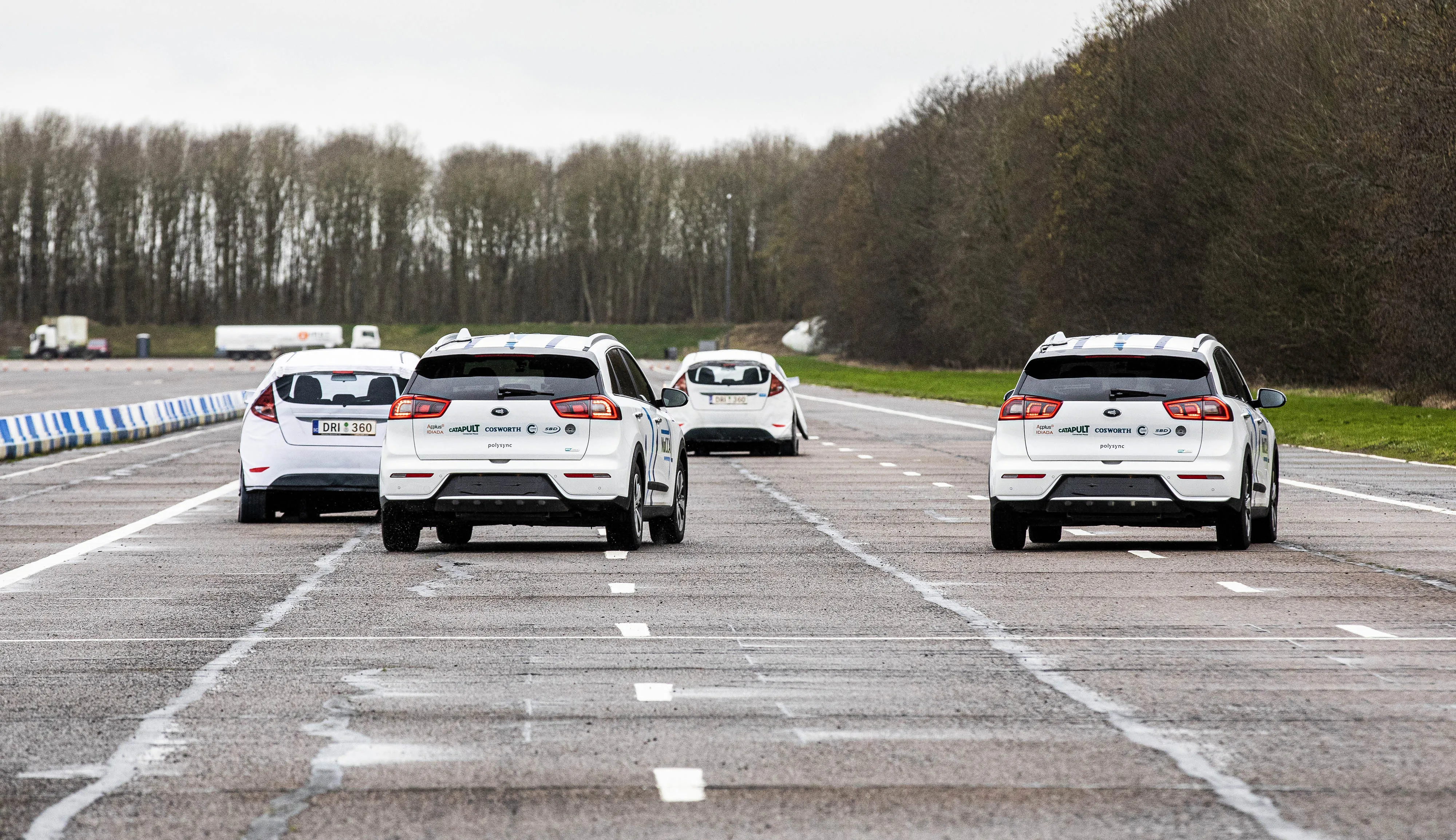Governor of Ohio John Kasich has signed an executive order allowing autonomous vehicles (AVs) to be tested on public roads in the state. The move is intended to lay out a road map for how the automotive industry can test their technologies.
The AVs are required to meet safety standards and comply with Ohio’s traffic regulations. All vehicles would also need to be registered with the state's one-stop shop for hub for mobility projects, DriveOhio. Each car must have a company employee behind the wheel who
May 11, 2018
Read time: 2 mins
Governor of Ohio John Kasich has signed an executive order allowing autonomous vehicles (AVs) to be tested on public roads in the state. The move is intended to lay out a road map for how the automotive industry can test their technologies.
The AVs are required to meet safety standards and comply with Ohio’s traffic regulations. All vehicles would also need to be registered with the state's one-stop shop for hub for mobility projects, DriveOhio. Each car must have a company employee behind the wheel who will monitor the vehicle and report any accidents.
A voluntary AV pilot programme will also assist local governments in working with automotive and technology companies to develop technologies in their communities. Municipalities will be able to work with DriveOhio and create a list of testing locations that offer a range of traffic and terrain scenarios.








